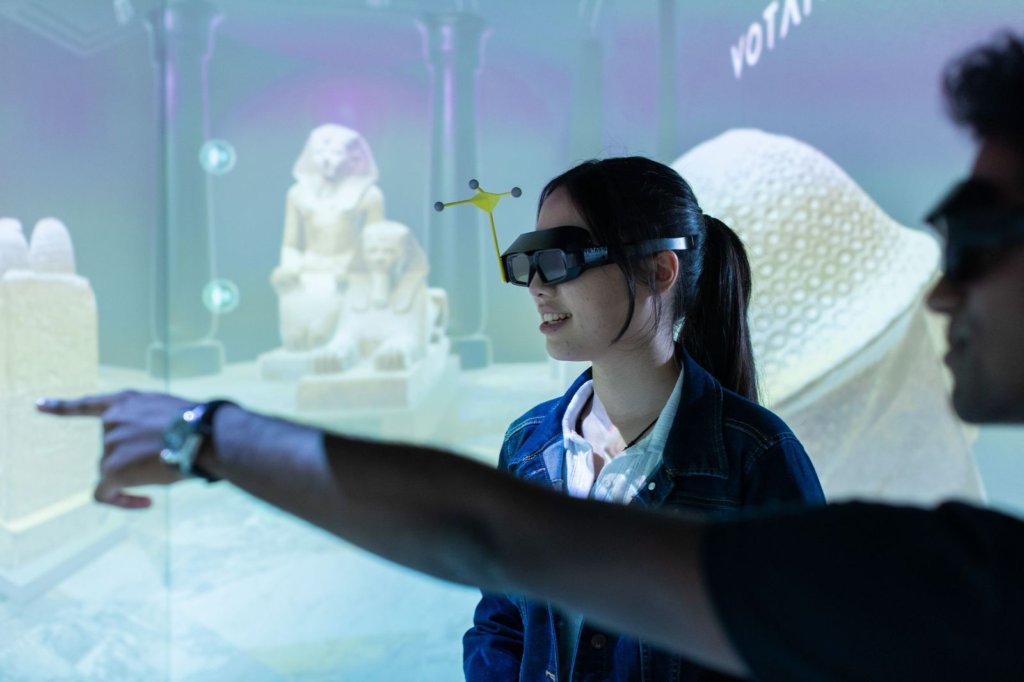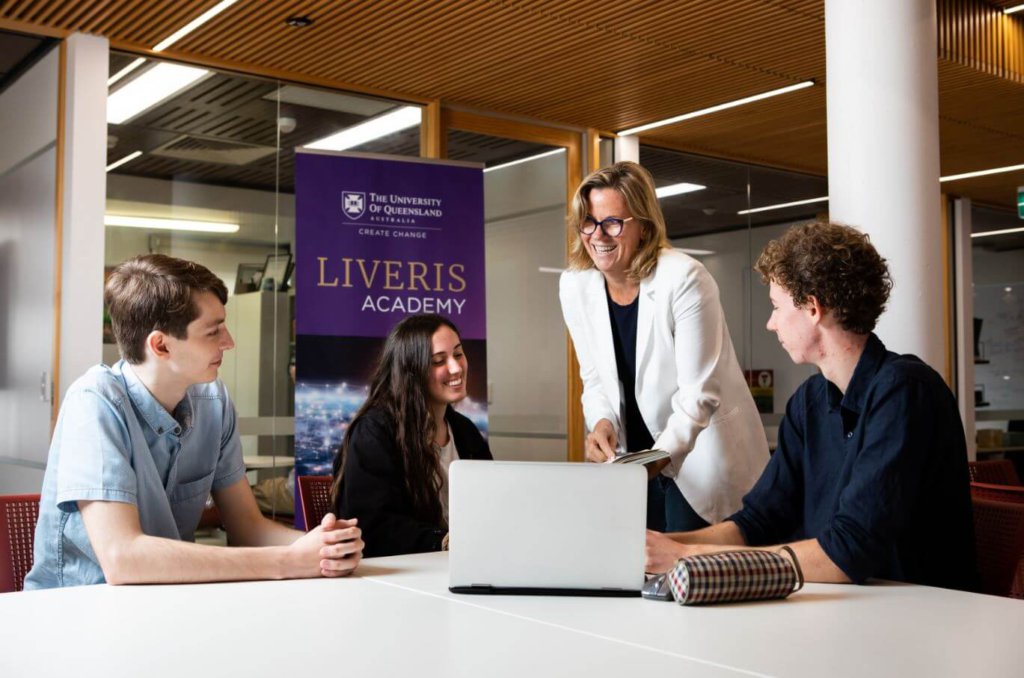
Bill Gates famously said: “The computer was born to solve problems that did not exist before.” In a world where devices play an integral part in our daily lives, his opinion couldn’t be more true. The proof is in the numbers.
The US Bureau of Labour Statistics projects that employment in computer and information technology occupations will grow 13% from 2020 to 2030, much faster than the average for all occupations. It’s little wonder why. Computer science professionals are responsible for solving complex organisational problems with technical solutions. Hence, their ability to infiltrate any sector that comes to mind. For them, anything is possible with the right qualification.
Thankfully, most universities across the globe are ramping up their offerings to give their students a deeper understanding of emerging technologies. In fact, many are even developing programmes comprehensive enough to produce professionals capable of innovating these technologies instead. These dynamic institutions — representing Hong Kong, Australia and New Zealand — are proof:
The Hong Kong Polytechnic University

Soon, all new undergraduates at PolyU will be required to take on foundational courses in emerging technologies and entrepreneurship. Source: The Hong Kong Polytechnic University
Few universities are as committed to producing successful students the way The Hong Kong Polytechnic University (PolyU) is. While rigorous, the experience is still holistic — unsurprising from an institution that effortlessly balances 80 years of tradition with a progressive approach. At this top 100 university, undergraduate students aren’t expected to have it all figured out. Instead, they enjoy a year of exploration before deciding on a major — a unique initiative designed to ensure aspirations are solidified before they are pursued in Year 2.
Its new departmental scheme-based admissions curriculum is set to integrate two 21st century elements: Artificial Intelligence and Data Analytics (AIDA) and Innovation and Entrepreneurship (IE). Both will be incorporated into the General University Requirement from the academic year 2022-23, ensuring that while students are gaining a solid academic foundation, they will be preparing for society’s ever-changing manpower needs as well. They will be required to complete at least two credits of AIDA courses and at least one credit of IE courses.
Those sure of their decision to take the future-focused route will be able to enhance their newfound skills with one of the Faculty of Engineering’s many undergraduate programmes — like the BSc (Hons) in Computer Science, BSc (Hons) in Enterprise Information Systems or the BSc (Hons) in Financial Technology and Artificial Intelligence.
The BSc (Hons) Scheme in Computing and AI makes a perfect starting point for each. However, even if students choose to relish in another PolyU faculty, school or department; AIDA or IE courses will always be available as Secondary Majors. Click here to learn how else PolyU prepares students for the jobs of tomorrow.
University of Auckland

This School of Computer Science is currently New Zealand’s largest, most diverse and accomplished division. Source: University of Auckland Facebook
There are many reasons why the University of Auckland ranked first in New Zealand for Computer Science and Information Technology, according to the QS World University Rankings by Subject 2019. It has also placed among the world’s top 100. Its School of Computer Science is behind the prestige.
Founded in 1981, it is currently New Zealand’s largest, most diverse and accomplished division. Students arrive from all over the world because they know their aspirations are welcomed. Here, a broad range of courses — spanning most aspects of computer science — are ready and waiting to teach the art of computing.
None of it would be possible without the experts behind the Bachelor of Science (BSc) – majoring in Computer Science, Bachelor of Advanced Science (Honours) (BAdvSci(Hons)) specialising in Computer Science, and the Bachelor of Science (BSc) specialising in Data Science. While distinctive from one another, each programme was developed to fix the IT sector’s ever-growing skills shortage. Thanks to their effectiveness, more graduates land employment every year with ease.
“Our graduates are well prepared for the challenges of the dynamic and fast-growing software industry and are very well received by industry employers,” confirms head of school and associate professor, Dr Giovanni Russello.
University of Queensland

The School of Information Technology offers a wide array of programmes. Source: University of Queensland Facebook
Are you looking to pursue a bachelor’s degree in IT, or to hone your expertise in the field with a career-boosting master’s qualification? You may want to consider doing so at the University of Queensland’s School of Information Technology.
The school focuses on key areas such as: Cybersecurity and Software Engineering; Imaging, Sensing and Biomedical Engineering; Power, Energy, and Control Engineering; Human-Centred Computing; and Data Science. Here, research is facilitated at the Centre for Energy Data Innovation (CEDI) and ARC Training Centre for Information Resilience (CIRES).
The School of Information Technology offers a wide array of programmes. At the undergraduate and postgraduate levels, you can opt for a variety of programmes in Computer Science and Information Technology. These programmes are taught by award-winning teachers in a varied and extensive lineup of expertise. Students are provided with an in-depth understanding and set of skills in computational science, numerical simulation, applied mathematics, statistics, and data science.
*Some of the institutions featured in this article are commercial partners of Study International










